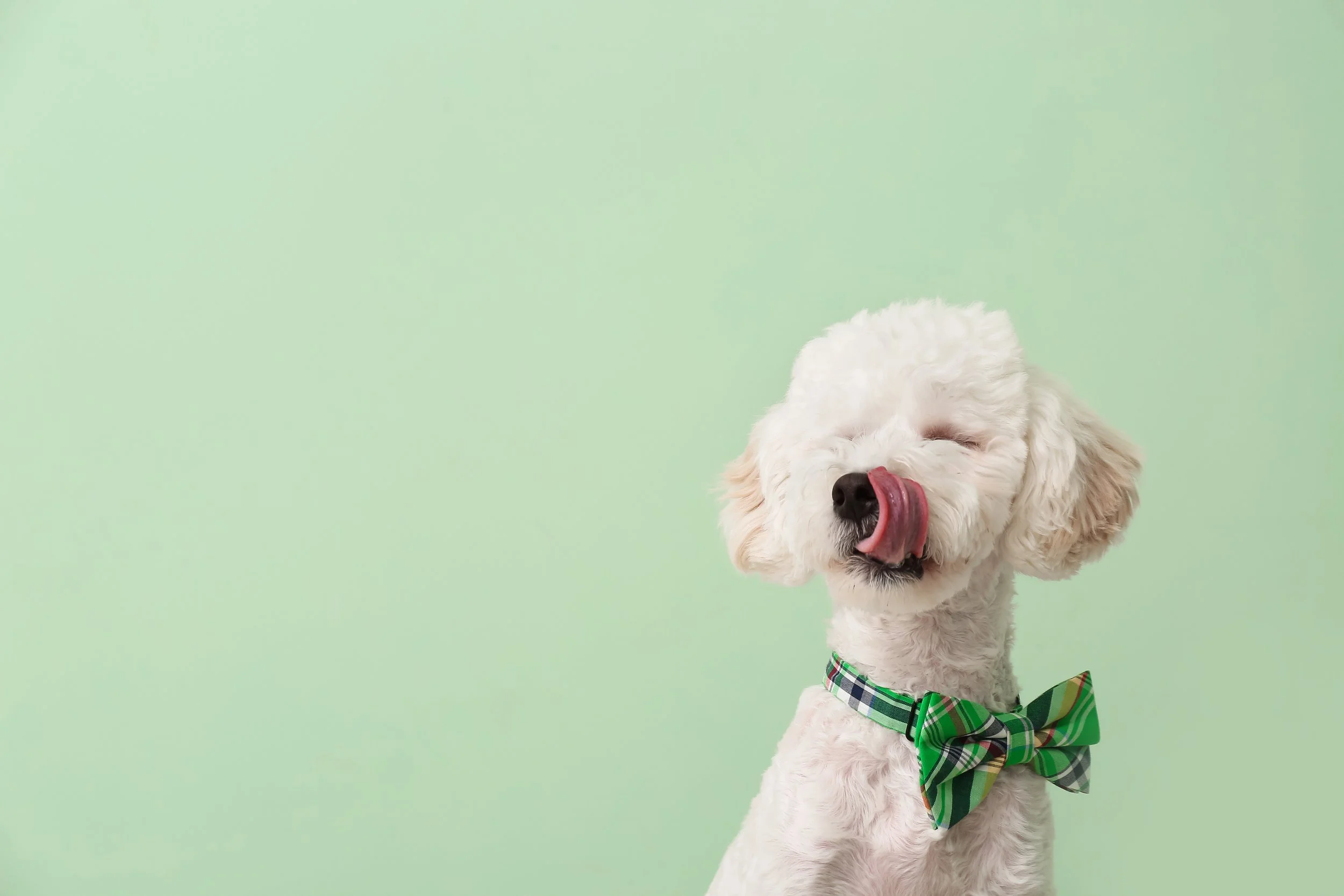Understanding the Affectionate Licks: Why Dogs and Puppies Share Their Wet Kisses
There's nothing quite like the affectionate licks of a puppy or dog to warm a pet owner's heart. While these “kisses” are often seen as a sign of love, they serve various functions in canine communication and behavior. Understanding the reasons behind this behavior provides valuable insights into the world of dogs and strengthens the bond between pets and their owners.
Canine Communication: Dogs have evolved a rich language of non-verbal communication. They use body language, vocalizations, and yes, licking, to convey a wide range of emotions and intentions. Puppies, from an early age, learn to lick their mothers, which helps strengthen family bonds and initiates crucial processes like feeding. Adult dogs continue to use licking as a vital tool for communication throughout their lives.
Submission and Affection: When dogs lick each other, it often signifies submission. A subordinate dog will lick a more dominant one as a gesture of deference or appeasement, helping to maintain harmony within the pack. This behavior translates to their interactions with humans. When a dog licks you, it may be expressing its recognition of your role as the leader.
But there's more to licking than mere submission. Dogs also use this behavior to show affection. Licking releases endorphins, making dogs feel comforted and content. It's a way for them to reinforce social bonds with fellow dogs and their beloved human family members.
Social Bonding and Care: Licking plays an integral role in the social dynamic of the canine world. It's a fundamental behavior in grooming and taking care of each other, helping to keep each member of the pack clean and healthy. Mutual grooming through licking not only serves hygienic purposes but also strengthens the social bonds and trust between pack members.
Stress Relief and Soothing Mechanism: Some dogs resort to licking when they feel anxious or stressed. The act of licking provides a soothing mechanism that helps them cope with their emotions. Dogs might lick themselves, other dogs, or their human companions during stressful situations as a way to self-soothe and calm down.
Sensory Exploration: Dogs have an extraordinary sense of taste and smell, and licking allows them to explore their environment more thoroughly. When they lick you, they learn more about you—your taste, your smell, and even your mood. Through licking, dogs can sense the chemical changes in your body, helping them understand how you're feeling, which strengthens the bond you share.
Understanding the language of dogs is essential for fostering a loving and respectful relationship with these loyal companions. Licking, as a form of canine communication, is multifaceted, serving purposes from showing submission and affection to exploring the world around them. By appreciating the reasons behind each wet and affectionate kiss, pet owners can better communicate with and care for their furry friends, deepening the bonds of love and trust between them.


